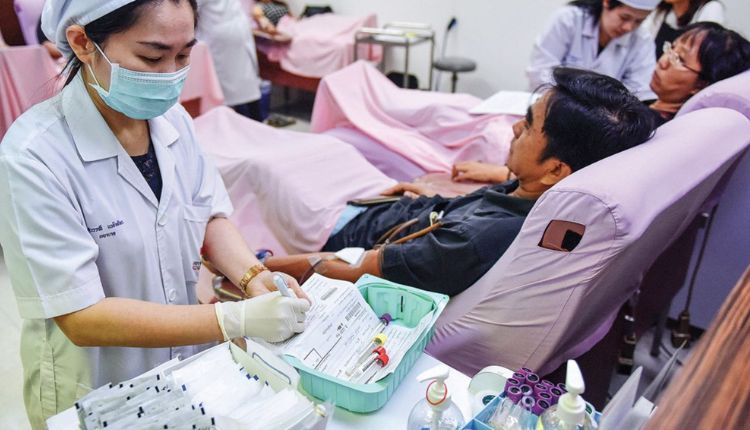The health of a nation is measured by several factors. These include the physical condition of people living in the country, the social determinants of health, and the accessibility of healthcare services. Health is also a measure of a nation’s economic well-being, as people in poorer countries are more likely to suffer from illnesses. This article explores some of these factors, and discusses the potential for universal healthcare coverage. It also looks at the human rights issues that exist when extending universal health coverage to all citizens.
Measurement of the state of health
In the United States, health outcomes measurement has a long history. Throughout the 20th century, tremendous advances in population health have been made, but the country has fallen short of meeting some of the objectives set by the federal government. Among the most notable accomplishments are the use of mortality rates as a measure of health status and a reduction in the number of infectious disease deaths.
The state of health is a complex issue that encompasses several aspects. Some of these factors include socio-demographic attributes, the quality of care delivered by health care providers, and environmental contaminants. These factors can affect public health and contribute to the health care burden.
One example of a measurement of the state of health is the SF-36 tool. This is a widely used survey that is available in several languages and generates scores on eight different dimensions. It is a good idea to measure the health of the state of health, but it’s also important to evaluate the effectiveness of the tools in use.
Barriers to accessing telehealth services
Telehealth services have become increasingly popular. They allow patients to see providers from the comfort of their homes. However, there are some concerns about quality and privacy. Some potential users may be hesitant to make use of telehealth.
Behavioral health services, which require ongoing communication with a provider, have also benefited from telehealth. Telehealth can help patients overcome the stigma of receiving mental health treatment. Despite this, many Americans are still going without these services.
A study by the Bipartisan Policy Center (BPC) evaluated the impact of telehealth on patient access to care. The BPC made several recommendations to improve access to telehealth services. These recommendations were developed in response to stakeholder concerns and emerging evidence on benefits versus risks.
Among the recommendations, BPC suggests that policymakers should focus on targeted adjustments to the current telehealth flexibilities. This would give policymakers time to review the evidence and identify positive interventions. In addition, the BPC recommends that policymakers should make permanent changes that reduce barriers to accessing telehealth.
Social determinants of health
Social determinants of health (SDoH) are factors that influence an individual’s health status. They also affect the outcomes of population health. These factors are largely influenced by socioeconomic conditions and behaviors. Often, they are closely linked. The impact of social determinants of health can be positive, negative, or neutral.
Social determinants are important to consider when addressing health inequities. This is because the underlying causes of health inequities can be traced back to social conditions. As a result, policymakers are now starting to include social determinants in public policies.
Social determinants include things such as neighborhood features, education, and ethnicity. The social determinants of health can also be related to cultural beliefs. Consequently, these beliefs can act as a barrier to receiving healthcare.
For example, a teenage boy may experience depression because of lack of social opportunities. Or, a mother with low income may choose not to provide her child with a healthy diet. In either case, the effects can persist across generations.
Human rights challenges of extending universal health coverage
To reach a vision of universal health coverage, there are several key human rights challenges that need to be addressed. These include the size of the population to be served, the impact of corruption, and access to medicines.
Despite these challenges, many countries are making progress towards UHC. In the US, the Affordable Care Act (ACA) expands health insurance coverage for individuals, while the UN Sustainable Development Goals are focused on the goal of UHC. The WHO is currently working on developing a Universal Health Coverage Legal Solutions Network that will help support governments in implementing effective universal health coverage laws.
Achieving UHC is a powerful indicator of human progress. Healthy populations are a critical factor in transforming nations into productive and stable ones. It can lead to economic growth and prosperity.
Achieving UHC requires an investment in expanding services. It also involves financial protection for the poor. Developing a country’s health care system can take a number of forms, including community drug programs, health financing schemes, and subsidies to disadvantaged populations.

